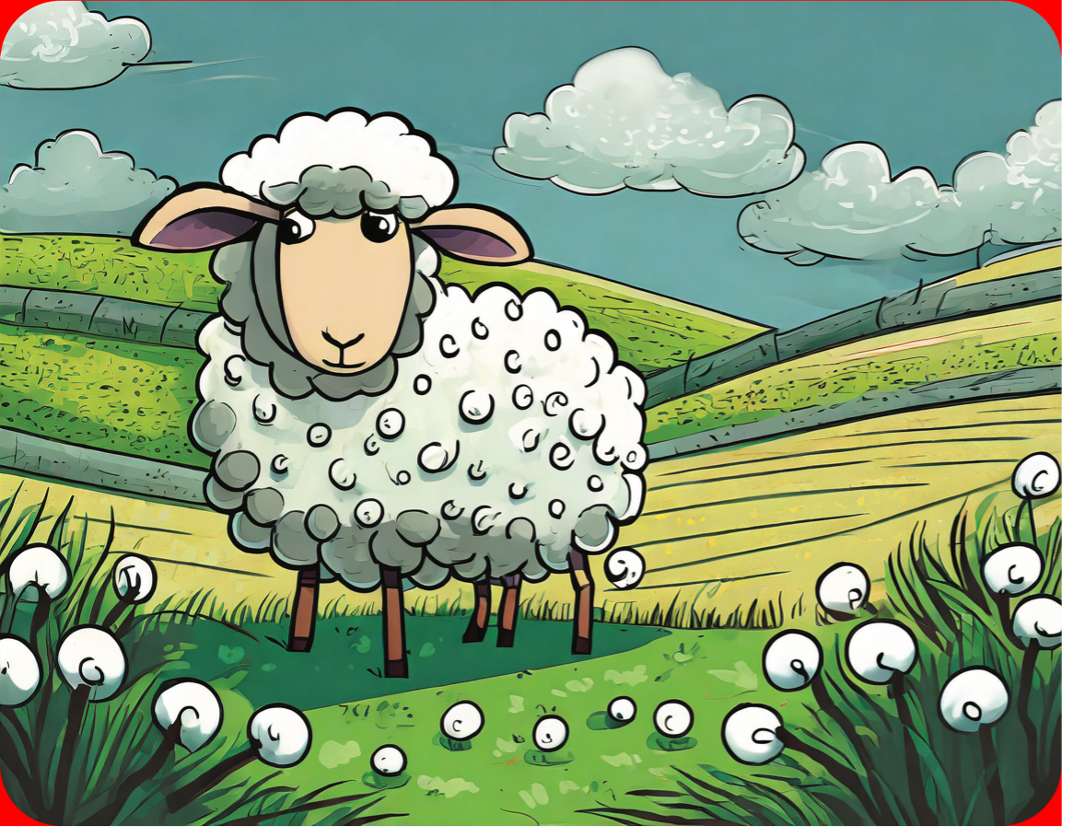- Sep 13, 2025
- 3 min read

This Sunday we will read the parable of the lost sheep and the lost coin. In Luke 15 Jesus says, “Which one of you, having a 100 sheep and losing one of them, does not leave the 99 in the wilderness and go after the one that is lost until he finds it?…when he comes home, he calls together his friends and neighbors…’Rejoice with me, for I have found my sheep that was lost.’…I tell you, there is joy in the presence of the angels of God over one sinner who repents.”
St. Martin’s Choir and the Chapel Choir are reprising one of the songs from last spring’s musical The Lost Sheep by Toni Sullivan. It’s called When I’m Lost and Alone and it reinforces today’s Gospel lesson about God’s love supporting us even when we’ve gone astray.
When I’m lost and alone and I can’t find the way, when I stray from your loving care,
When I’m mad or afraid or I don’t want to share, I know, God, you’ll always be there.
You walk with me ev’ry day. You shepherd me on my way.
You guide my steps and you show me the way, you speak to my heart every day.
(The Lost Sheep by Toni Sullivan; Copyright 2024 Choristers Guild. All rights reserved)
Over the next few weeks we will be including songs that support our diocesan focus on Season of Creation. Last Sunday, we sang a new hymn, Hear the Spirit of Creation by Jan Lindholm. This Sunday we will sing Many and great, O God, are thy works, written by Joseph Renville in 1842. Joseph R. Renville’s mother was Dakota and his father, French. An explorer, fur trader, and Congregational minister, Renville helped found the Lac qui Parle Mission in Minnesota in 1835. This song, which is also known as the “Dakota Hymn,” was sung by thirty-eight Dakota prisoners of war as they were led to execution at Mankato, Minnesota, on December 26, 1862. It was first published in the Dakota Indian Hymnal (1916). It was paraphrased by Philip Frazier who was a full-blooded Sioux born into a family of missionaries. After receiving his BDiv from Chicago Theological Seminary in 1925, he was ordained and ministered among the Sioux in North Dakota. (Hymnary.org)
Our final hymn was recently written by Carolyn Winfrey Gillette. In her email she explained:
“’Jesus, You Once Blessed the Children’ was completed today, September 1. This new hymn celebrates Jesus blessing the children. It is a prayer that we, as followers of Jesus, will bless them, too, in his name— as we teach them the faith; as we protect them from gun violence; and as we create a cleaner, more just world for them to grow up in. As the old children’s song goes, “They are precious in his sight,” and since children are precious to Jesus, then he calls us to do everything we can to make the world a more loving, faithful, safe, and sustainable place for them to grow up. What are the ways we are willing to change, to be a blessing to them?
“Permission is given for free use of this hymn (including online) because we feel its emphasis on nurturing children in the faith, supporting diversity, ending gun violence and caring for creation needs prayers (including sung ones) by all. (www.carolynshymns.com)”

